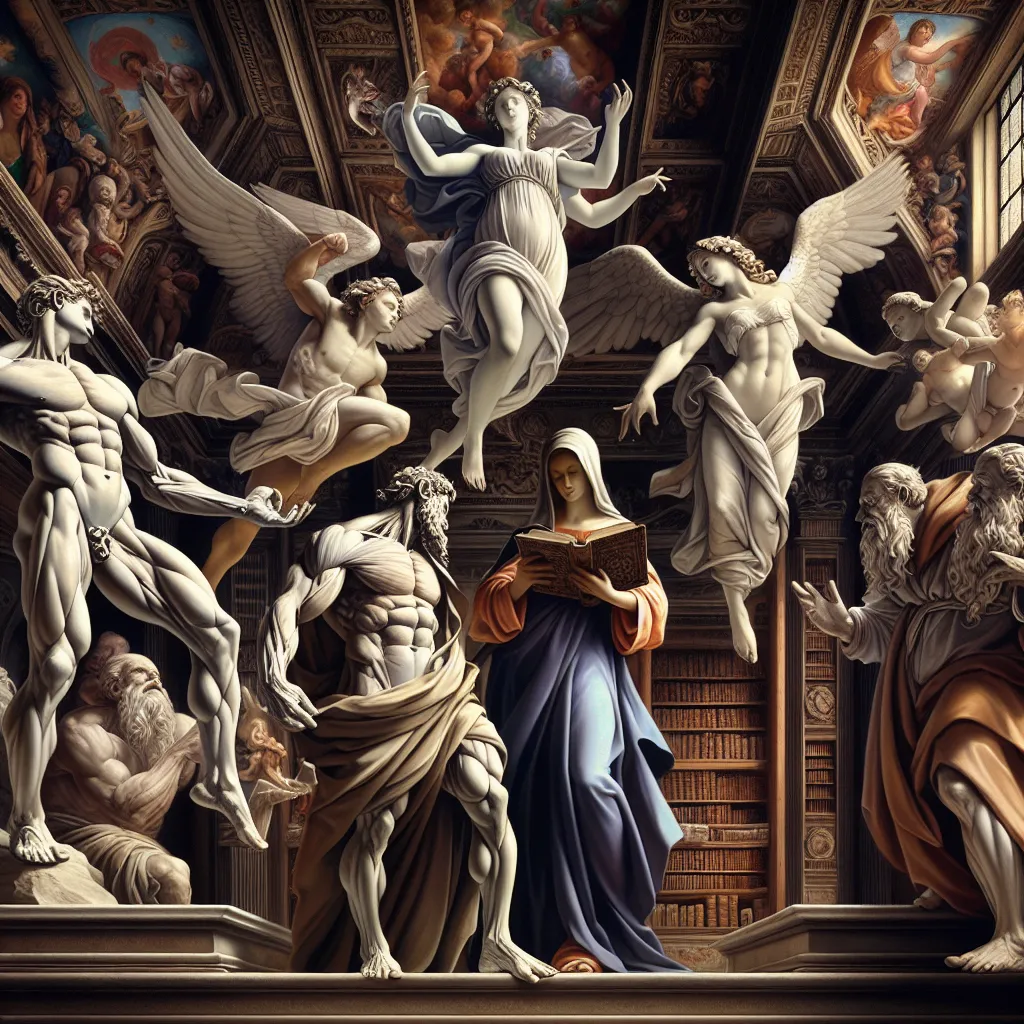
- Published on
- Authors

- Name
- You
The Influence of John Dees Occult Philosophy on Literature
John Dee, a 16th-century philosopher, mathematician, and magus, left an indelible mark on the realms of literature and occult studies. His works and ideas not only provided a bridge between Renaissance humanism and supernatural interests but also seeded inspiration for numerous writers and playwrights. In this article, we delve into the fascinating intersection of Dees occult philosophy and literature, uncovering the profound influence he had on the literary world.
John Dee: An Overview
John Dee (1527-1608) was an English polymath whose accomplishments spanned various fields including mathematics, astronomy, navigation, and alchemy. However, it was his deep dive into the realms of magic and mysticism that cemented his legacy in the world of the arcane.
Key Works:
- Monas Hieroglyphica (1564)
- Translations of ancient magical texts and grimoires
Philosophical Contributions:
- Concept of the "Monas," a synthesis of alchemical and mystical symbols
- Studies in angelic communication and Enochian magic
Literary Influences
Dees Own Writings:
Dees literary works themselves are richly infused with his occult philosophy. Texts like Monas Hieroglyphica are exploratory in nature, blending hermetic symbolism with complex mathematical theorems. His writings served as primary sources of mystical thought during and beyond the Renaissance period.
William Shakespeare:
One of the most notable figures influenced by Dees work was William Shakespeare. Several aspects of Shakespeare's plays can be linked to Dees ideas.
The Tempest:
- The character of Prospero is often thought to be modeled after John Dee. Prospero’s deep knowledge of the arcane and his use of books to wield magical power strongly reflect Dee’s own practices.
Macbeth:
- The use of prophecy and the portrayal of witches in Macbeth may draw from Dee’s exploration of divination and his communications with supposed angelic beings.
| Play | Dees Influence |
|---|---|
| The Tempest | Prospero as a Dee-like figure; mysticism |
| Macbeth | Prophecies and witchcraft echo Dees studies |
Christopher Marlowe:
Another seminal writer influenced by Dee was Christopher Marlowe. In his play Dr. Faustus, Marlowe delves into themes of forbidden knowledge and the quest for power, concepts central to Dees own explorations.
- Comparison with Dee:
- Like Dee, Faustus is portrayed as a scholar whose insatiable thirst for knowledge leads him into the supernatural realms. Though more cautionary in tone compared to Dee’s optimism about occult studies, the parallels are unmistakable.
Modern Reflections
The echoes of Dees influence stretch even into contemporary literature. Modern fantasy and science fiction often interweave Dee’s intricate blend of science and mysticism.
Philip Pullman’s His Dark Materials:
- Elements of Dee’s philosophical inquiries into the nature of the universe and otherworldly beings can be seen in the rich, interdimensional storytelling of Pullman’s trilogy.
Alan Moore’s Promethea:
- Moore, a modern graphic novelist and magician, often references Dee’s works directly, blending narrative with metaphysical elements inspired by Dee’s Enochian magic.
Conclusion
John Dee’s contributions to occult philosophy have served as a wellspring of inspiration across centuries of literature. From the Shakespearean stage to modern novels and graphic novels, Dee’s legacy as a bridge between rational inquiry and mystical exploration endures. By examining the echoes of his influence, we gain a deeper understanding of how the esoteric and the literary arts converge, enriching our cultural tapestry with layers of myth, magic, and wisdom.
[Credits: Image of John Dee from Wikimedia Commons under Public Domain]
Feel free to add your comments and thoughts on how John Dees mystical teachings could still shape our understanding of the metaphysical in literature today. What other works do you think subtly nod to his esoteric legacy?
